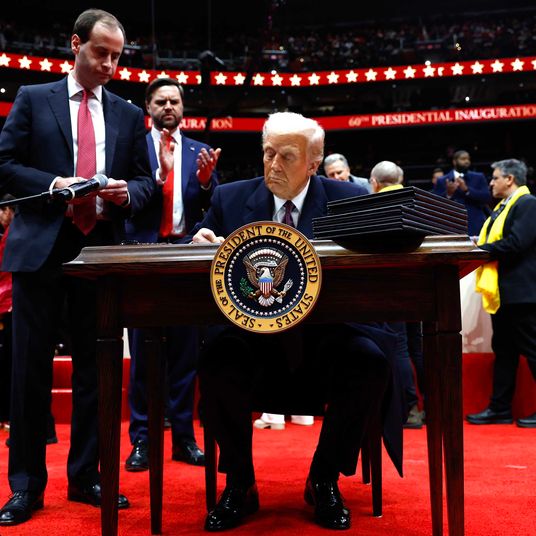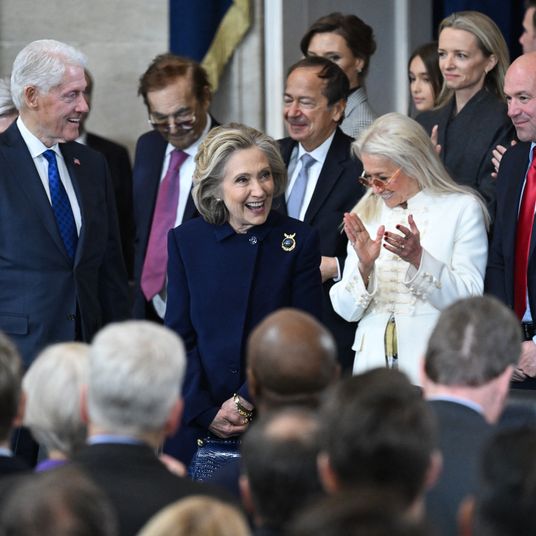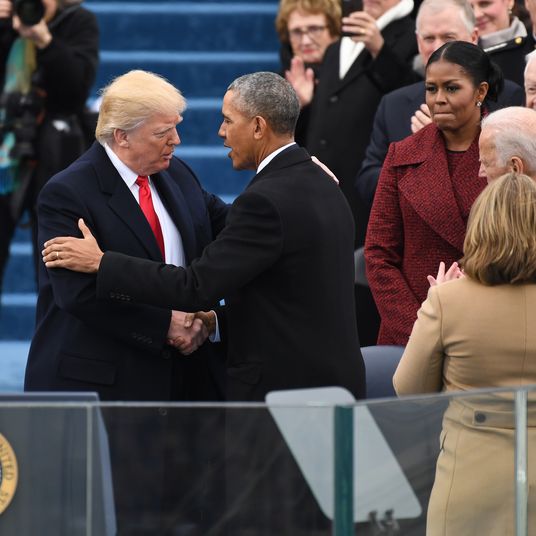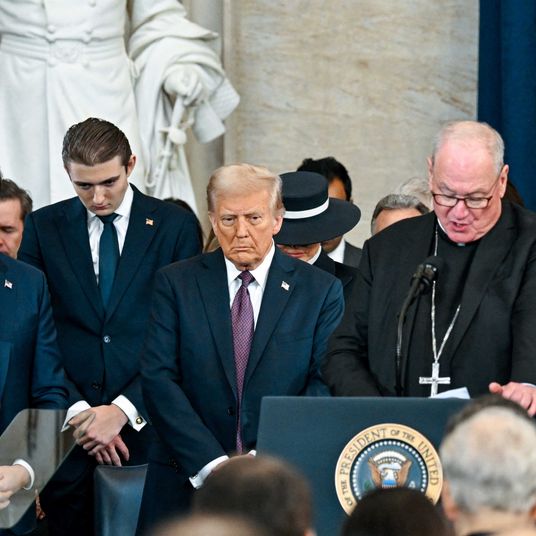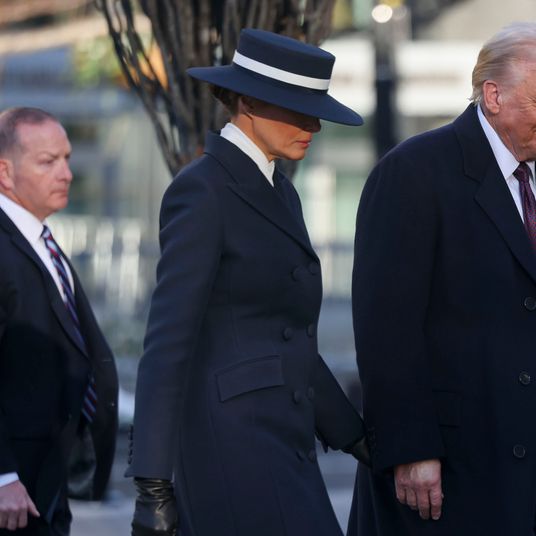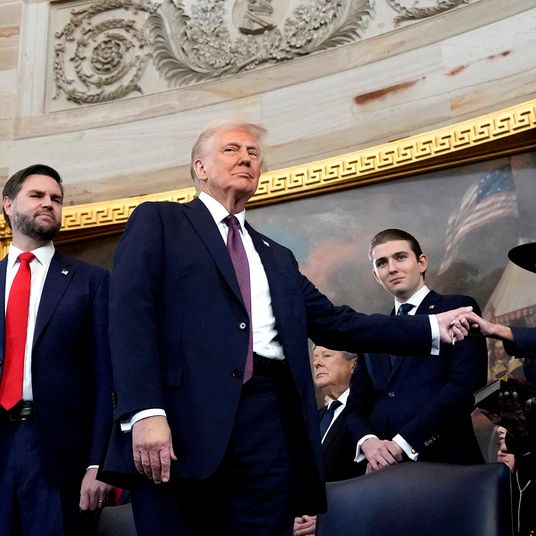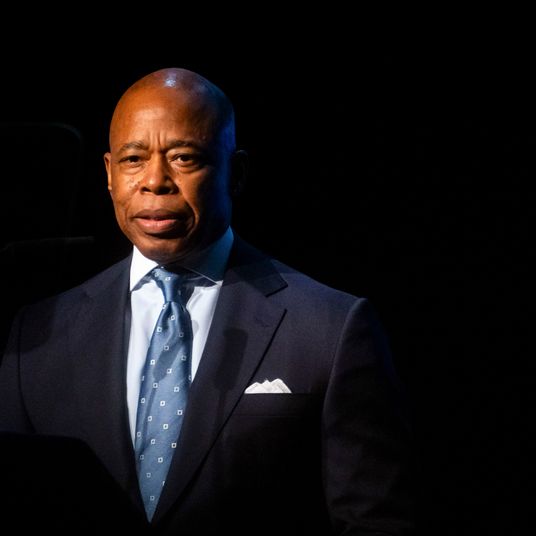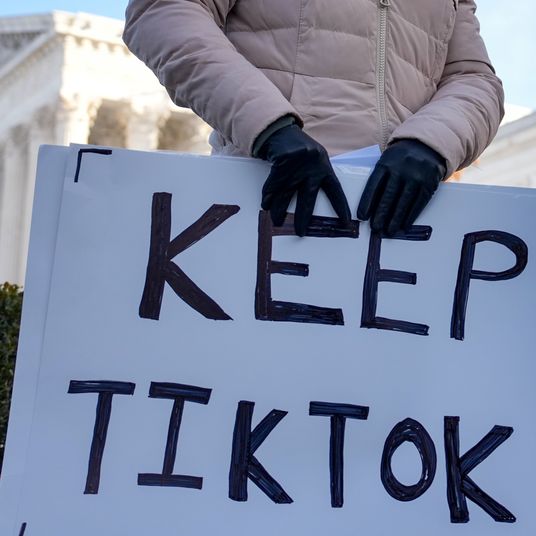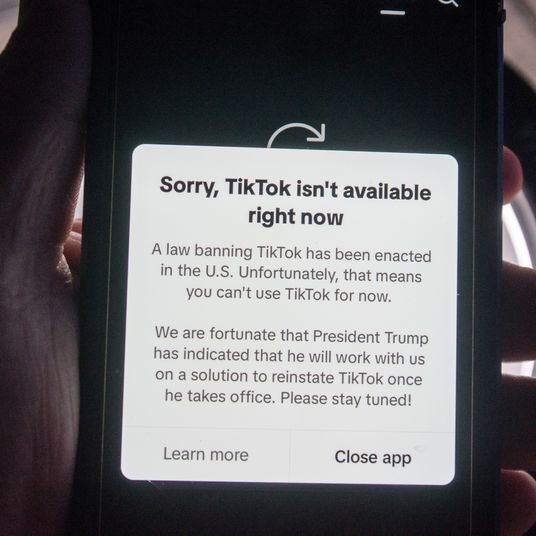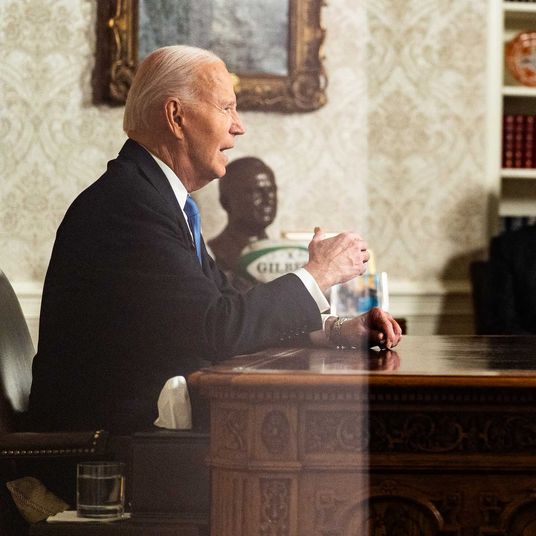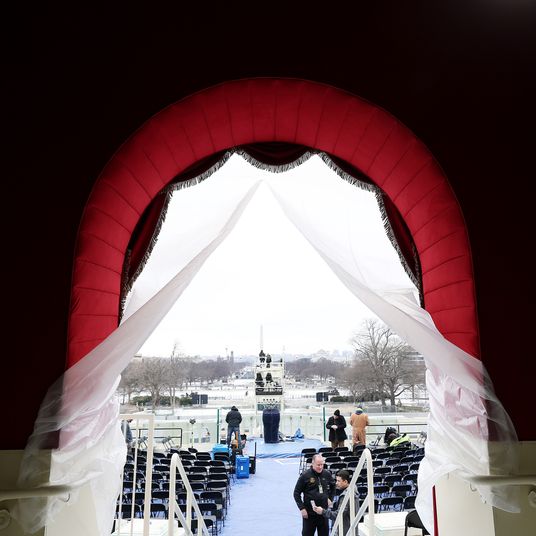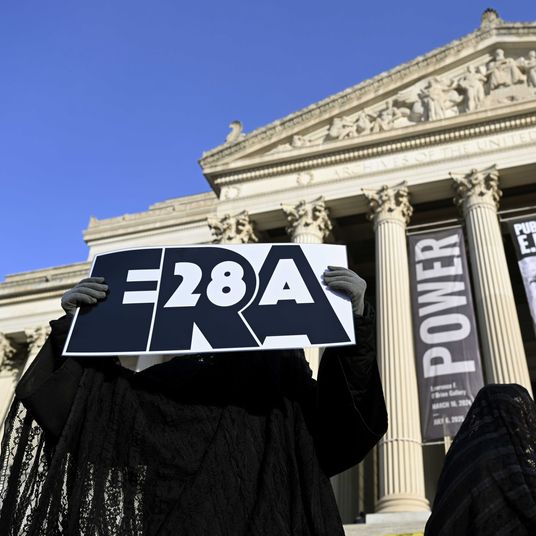
After failing to win enough seats to form a coalition government with his traditional allies in this week’s election, Israeli Prime Minister Benjamin Netanyahu has been forced into an unfamiliar state: desperation.
On Thursday, the long-serving Prime Minister floated the idea of a unity government consisting of him and Benny Gantz, who heads the rival Blue and White Party, sharing power. But Gantz quickly rejected that idea, and did not seem interested in meeting with Netanyahu to discuss the matter.
Netanyahu said on Twitter that he was “surprised and disappointed” at Gantz’s decision not to sit down with him, though he couldn’t have actually been taken aback: On the campaign trail, Gantz had ruled out a unity government with anyone under indictment, by which he obviously meant Netanyahu. And Netanyahu himself had dismissed talk of a unity government leading up to the election.
With 97 percent of Tuesday’s vote tallied as of Thursday evening in Israel, Gantz’s Blue and White Party had picked up 33 seats to 31 seats for Netanyahu’s Likud Party. If those results hold, Blue and White would be given the chance by Israel’s president to form a government first. But with 120 seats total in the Knesset, the party would need to partner with smaller blocs to make up a 60-plus seat majority — and there is no clear path for it, nor for Likud, to do so. Gantz, who has campaigned as a more ethical and secular alternative to Netanyahu, is anathema to the ultrareligious parties that have partnered with Netanyahu in recent years, while Netanyahu is radioactive to most of those on his left.
As New York contributor Jonah Shepp explained on Wednesday, the kingmaker here is likely to be Avigdor Lieberman, the onetime Netanyahu ally whose secular-nationalist Yisrael Beitenu won the handful of seats either side would need for a majority. Lieberman’s refusal to join in a coalition with the prime minister after an election in April is what prompted this week’s do-over; now, Lieberman is poised to foil his adversary once again. But it’s unclear whether Lieberman will join Gantz’s side either, which makes predicting the resolution of the current muddle difficult. There is the possibility of yet another election on the horizon, and a small chance that Netanyahu could dangle enough of Lieberman’s hardline demands to form a coalition after all. But it is increasingly difficult to imagine how Netanyahu, for all his formidable political skill, will keep his grip on power after such a major setback.
Netanyahu isn’t just feeling the heat from an electoral perspective; his life may well be upended if he leaves office. He faces multiple allegations of corruption and fraud, with a pre-indictment hearing looming in October. The only way he could have plausibly avoided those charges, at least for the time being, was to win the election.
As he tries to negotiate his way out of political and personal crisis, Netanyahu has opted not to travel to New York for next week’s U.N. General Assembly. If he had decided to come, it’s unclear what sort of reception he would have received from the U.S. government; President Trump, his longtime friend and ally, gave him the rhetorical cold shoulder on Wednesday, telling reporters that he hadn’t spoken with Netanyahu, and that “our relations are with Israel.”
It was another indignity for a man who is so used to winning that he may have forgotten what losing feels like.






